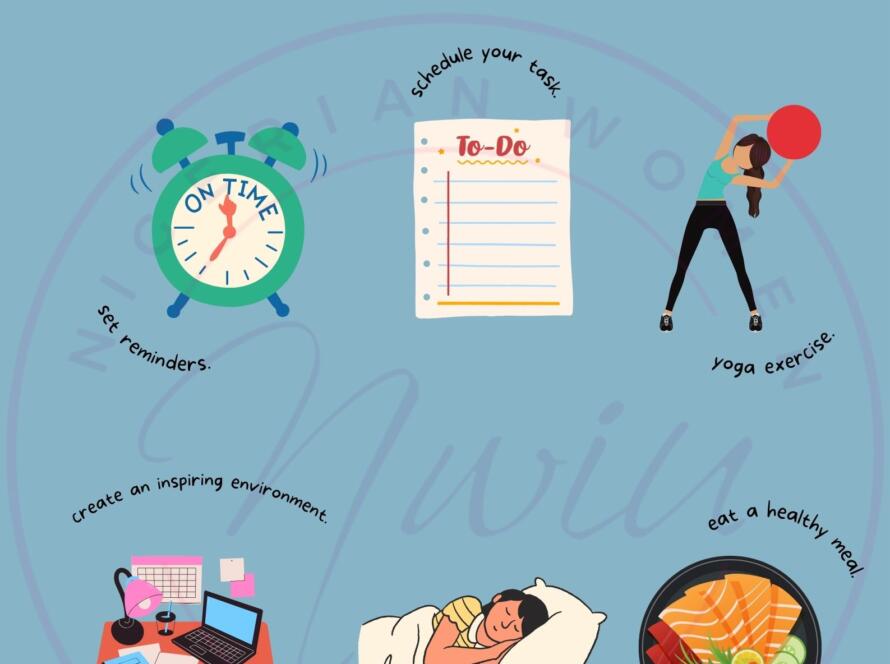Communication is a vital skill for women to master, both in personal and professional settings. When women can express themselves effectively, they’re more likely to be heard, respected, and taken seriously. In this article, we’ll explore the importance of assertive communication for women, discuss common challenges, and provide tips on how to speak up and be heard.
The Importance of Assertive Communication
Assertive communication involves expressing your thoughts, feelings, and needs in a clear and direct manner. When women communicate assertively, they’re more likely to:
- Build confidence: Speaking up and being heard can boost self-confidence and self-esteem.
- Establish boundaries: Assertive communication helps women set and maintain healthy boundaries in personal and professional relationships.
- Achieve goals: By expressing their needs and wants clearly, women can achieve their goals and get what they want.
- Improve relationships: Assertive communication can lead to more respectful and meaningful relationships.
Common Challenges
Despite the importance of assertive communication, many women face challenges in speaking up and being heard. Some common obstacles include:
- Socialization: Women are often socialized to be nurturing and accommodating, which can make it difficult to assert themselves.
- Fear of rejection or criticism: Women may fear rejection or criticism if they speak up or assert themselves.
- Lack of confidence: Women may lack confidence in their abilities or opinions, making it harder to speak up.
Tips for Speaking Up and Being Heard
Here are some tips to help women develop assertive communication skills:
1. Practice self-awareness: Understand your thoughts, feelings, and needs to communicate them effectively.
2. Use “I” statements: Instead of blaming or accusing others, use “I” statements to express your thoughts and feelings.
3. Set clear boundaries: Establish clear boundaries and communicate them assertively.
4. Use assertive body language: Maintain eye contact, stand up straight, and use open and confident body language.
5. Seek support: Surround yourself with people who support and encourage you to speak up.
Overcoming Obstacles
To overcome common obstacles, women can:
- Challenge negative self-talk: Replace negative self-talk with positive affirmations.
- Build confidence: Focus on strengths and accomplishments to build confidence.
- Seek role models: Find women who embody assertive communication and learn from their examples.
Conclusion
Assertive communication is a vital skill for women to master. By understanding the importance of assertive communication, recognizing common challenges, and practicing assertive communication skills, women can speak up and be heard. Remember to practice self-awareness, use “I” statements, set clear boundaries, and seek support. With time and practice, women can develop the confidence and skills to speak up and be heard.




